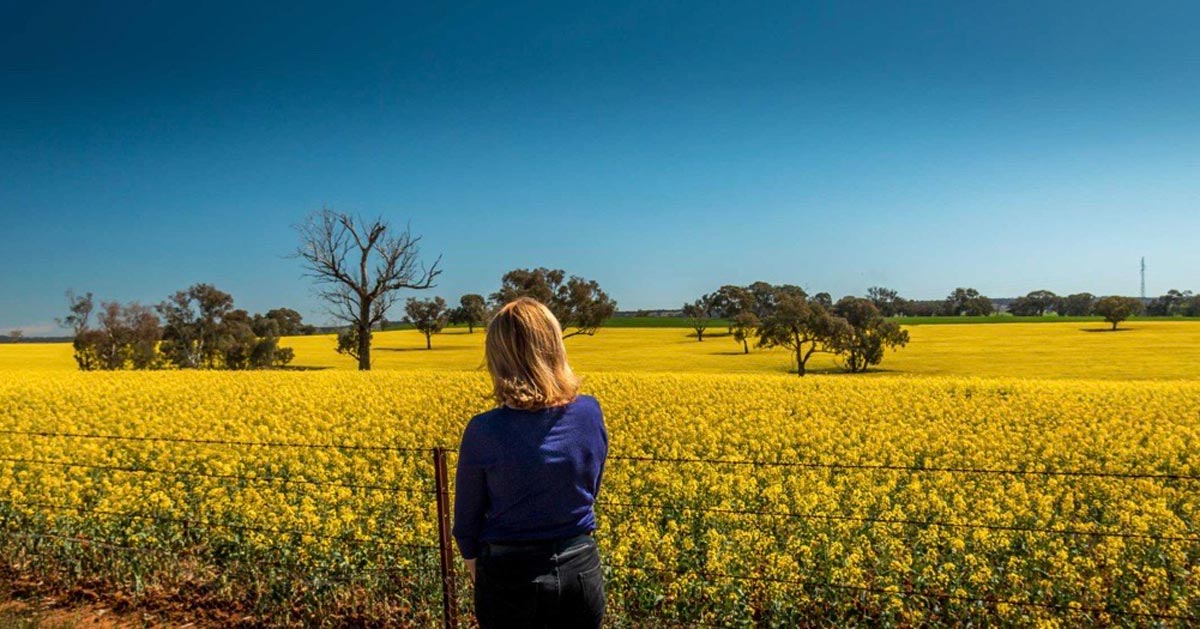
Tag: Drinking culture

Connection, kindness and empathy to help break the cycle of alcohol dependency – Alex’s story part II
Alex shares how her lived experience provide perspective, connection and empathy to help others breaking the cycle of alcohol dependency.

Alcohol was no friend to her, so Alex made friends with change
Alex was a regular drinker. For years she was proud of being that big drinker in social settings and she didn’t think she had a problem with alcohol until everything snuck up on her as her life unfolded.

How to regroup after a tough day, without turning to alcohol
Being able to recognise what sets you off and triggers you to reach for drink is a critical step in limiting your alcohol intake.
Quit drinking? Tune into others to rewrite your normal
One of our biggest fears and doubts when we make a decision to quit drinking, is how others will perceive us. And, how we’ll fit in.

Breast cancer helped me break free from a 30 –year binge drinking habit
55 Days into her alcohol-free journey , Kath Elliott was getting showered and ready for work when she discovered a large lump in her right breast. Two days later Kath was diagnosed with breast cancer at the age of 46.

Say hello to Hello Sunday Morning and see how we can help
Hello! If you’ve been rethinking your relationship with alcohol and have stumbled across us, or signed up for our updates, we’d love to show you around.


